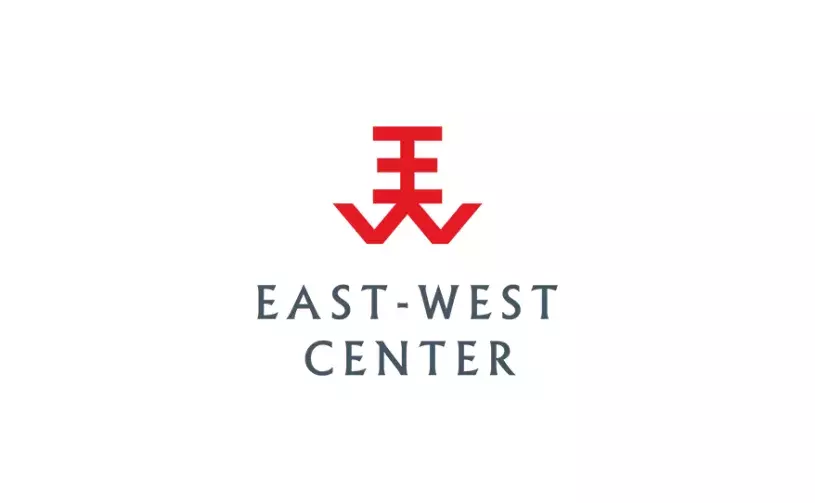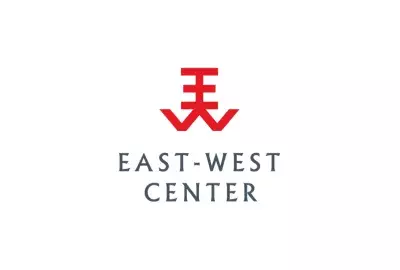Error message

This paper examines how grassroots movements for the urban poor in South Korea have been transformed in the context of neoliberalism. It is based on fieldwork (September 1999 – April 2001) in Nangok, which was one of the most well-known shantytowns in Seoul. How and why have grassroots groups came to abandon their dream of “Power to the People” and reconciled themselves with their antagonistic counterparts such as the state and welfare bodies? “The making of neoliberal governmentality,” i.e., the process in which grassroots movements for the urban poor have reconfigured the movements’ relationship with the state and the poor while embodying and contesting the technologies of neoliberal government, is examined through the fluctuating relationship between “welfare” and the movement. Neoliberal technologies include the extension of market rationality, the emphasis of responsible autonomy and empowerment, and the relocation of the “will to govern” of the state which Foucaultian studies have generally indicated. Rather than essentializing them as characteristics of neoliberal governmentality, however, the focus is on how grassroots activists have woven historically specific tapestry of these characteristics in the process that their memory of long-term movements intersect with the changing praxis of political economy.
This paper examines how grassroots movements for the urban poor in South Korea have been transformed in the context of neoliberalism. It is based on fieldwork (September 1999 – April 2001) in Nangok, which was one of the most well-known shantytowns in Seoul. How and why have grassroots groups came to abandon their dream of “Power to the People” and reconciled themselves with their antagonistic counterparts such as the state and welfare bodies? “The making of neoliberal governmentality,” i.e., the process in which grassroots movements for the urban poor have reconfigured the movements’ relationship with the state and the poor while embodying and contesting the technologies of neoliberal government, is examined through the fluctuating relationship between “welfare” and the movement. Neoliberal technologies include the extension of market rationality, the emphasis of responsible autonomy and empowerment, and the relocation of the “will to govern” of the state which Foucaultian studies have generally indicated. Rather than essentializing them as characteristics of neoliberal governmentality, however, the focus is on how grassroots activists have woven historically specific tapestry of these characteristics in the process that their memory of long-term movements intersect with the changing praxis of political economy.
East-West Center Working Papers, International Graduate Student Conference Series





